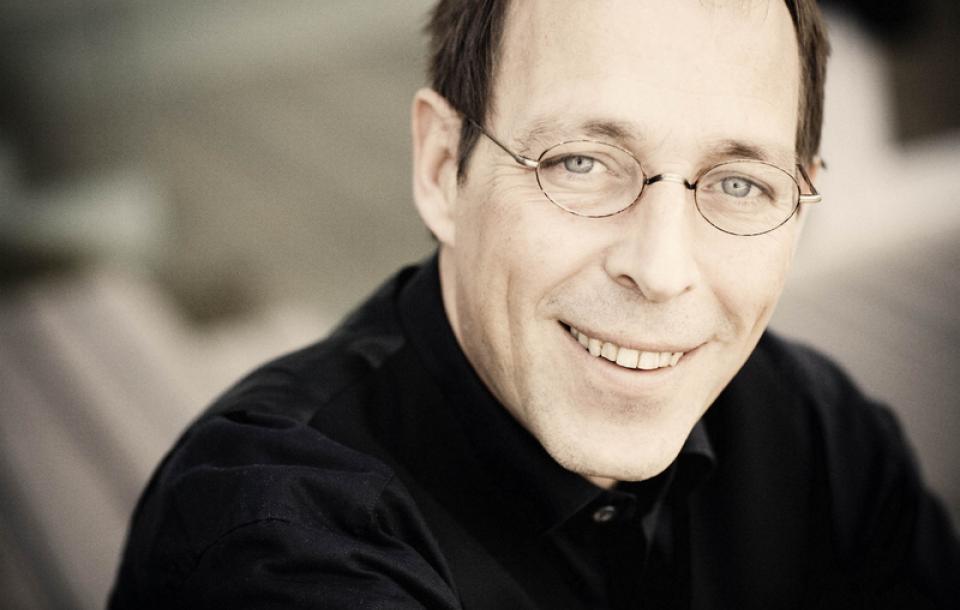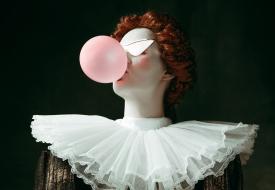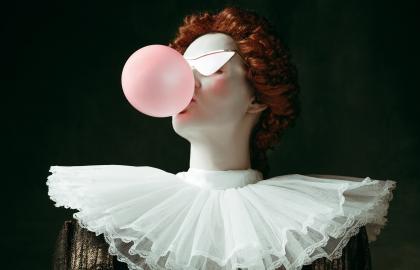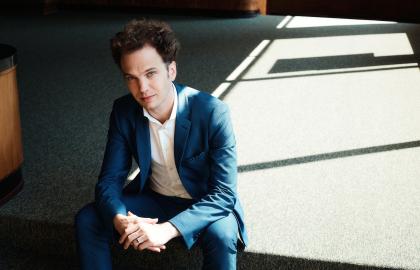When did you first remember Bach's music?
Like many pianists, I discovered this music during my piano studies. My teacher was a Bach fanatic. She made me work through the entirety of both the two and three-part invention books. I was able to learn polyphony, musical structures, etc. but also the whole dimension of interpretation. Bach entered my life as the greatest musical and keyboard pedagogue who ever lived.
Why have you recently immersed yourself in the Well-Tempered Clavier?
During the coronavirus pandemic, to keep myself busy, I wanted to do some long-term work. I set myself the goal of learning Bach's preludes and fugues in their entirety. It's the kind of project you tell yourself you'll do one day, "when you have the time". And it just so happened that, for once, I had time on my hands!
This resulted in the album J.S. Bach & Beyond: A Well-Tempered Conversation. Explain the concept to us.
In 2020, I had just released my first album on harmonia mundi and the question of what to do next arose. As I was working on the 1st book of the Well-Tempered Clavier, the idea arose to make a record of it. But I didn't want to write the umpteenth complete set of these pieces, nor did I want to copy and paste a concert programme.
At that time I was fascinated by the paradox of this music. On the one hand, it is an 'untouchable' work, from which one does not know whether it is preferable to play it in its entirety, despite its length, or to extract pieces from it, without falling into the 'conservatory exam programme' effect. On the other hand, it is accessible music because it remains an ultimate reference for performers and composers.
Therefore, I have devised a programme which, while respecting the reinforced rigour that Bach deploys in this cycle, highlights the influence of Bach's polyphony on his successors - Beethoven, Fauré, Ravel, Ligeti... The preludes and fugues are the ideal thread for drawing up a kind of picture of the history of music and the different temperaments that have marked it. The same idea runs through the programme of the concert with Cappella Amsterdam.
How did you come up with the idea of combining the Well-Tempered Clavier with choral music?
To tell you the truth, this was the initial idea of the project. When I thought about the concept of "well-tempered conversation", the idea soon came to me to propose a dialogue with the original polyphony, i.e. Renaissance and pre-Baroque vocal polyphony. If the piano does not lend itself to the interpretation of these repertoires, the vocal ensemble does. I put the idea to several choirmasters and said: "These are Bach's 48 preludes and fugues. Try to illuminate the influence of composers on each other, as a curator would for an exhibition." Daniel Reuss, the conductor of Cappella Amsterdam, suggested a series of choral works that seemed relevant to him and to which I added preludes and fugues that went well together. This is how the programme took shape.

How is the programme structured?
On the album, the works were organised by key, in an attempt to follow the rigorous organisation intended by Bach. In concert, things can be less fixed than on record. The idea is to present the Well-Tempered Clavier as a turning point between pre and post Johann Sebastian Bach, but also to highlight the relationship of later composers with this music, in a purely aesthetic and musical dimension.
We allowed ourselves a few winks. For example, we have chosen to combine Josquin Desprez’s Ave Maria in C major with the Prelude and Fugue in C major, on which Charles Gounod wrote his famous Ave Maria, a piece that closes the concert.
Composers such as Josquin and Schütz illustrate the strong influence of the 'old' on Bach. As for the latter's legacy, it is very present in the work of his successors Mendelssohn and Brahms. The later pieces play the same game as Bach's: they are music full of counterpoint and many spiritual overtones.
Finally, what is your relationship with choral and vocal music?
I don't really have any experience of choral singing. But I spent my childhood listening to opera. I love the voice. It's always where I start from and it's also the object of great frustration when I consider my instrument and "its damn hammers"! I think every pianist dreams of being able to sing.



